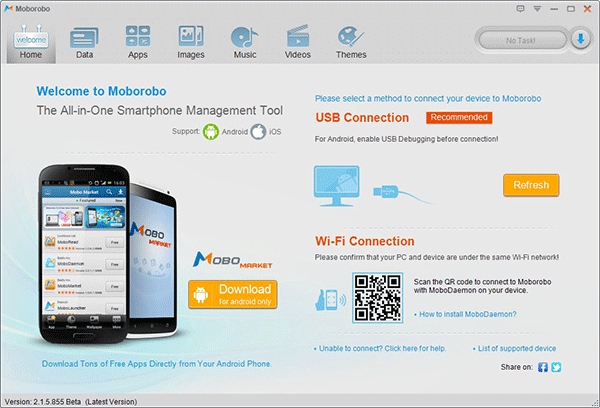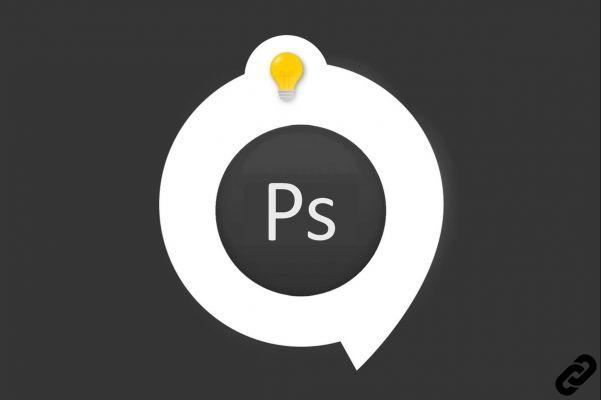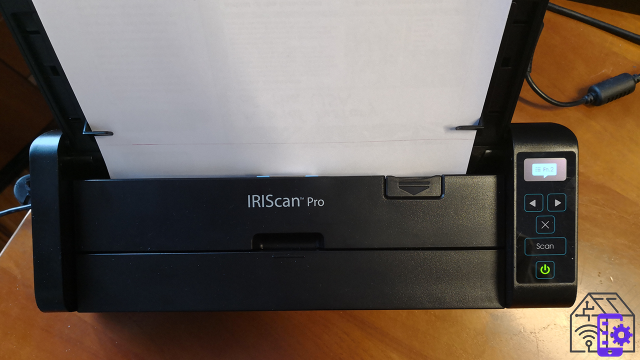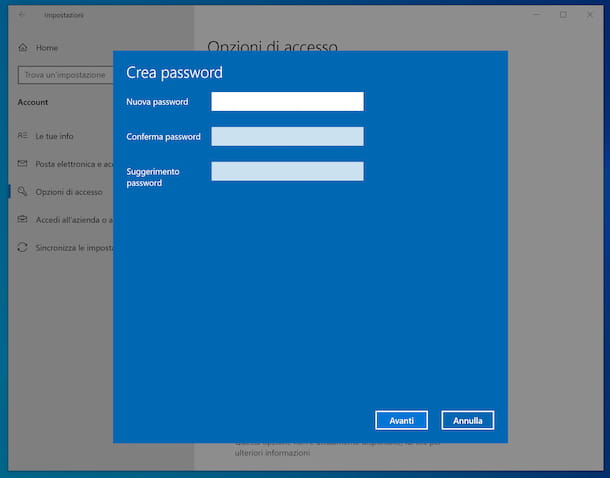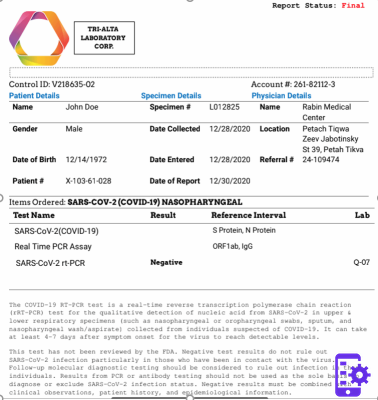Summer has arrived, all of Italy is in the white zone, we will no longer wear masks outdoors and the European Green pass has sparked the desire for holidays. And with the holidays, the desire to rent a house, or at least a room, for our vacation period explodes.
But even in this area there is no shortage of scams and Airbnb, in collaboration with the Postal Police, has drawn up a small anti-fraud handbook for tourists.
Holidays (and scams) on the rise
An Airbnb report from May this year tells us that we are seeing a return to vacation: Accommodation bookings for groups or families of five or more people increased from 33% in summer 2019 to 53% in 2021. Rural tourism rises from 21% nights in 2019 to 37% this year.
Everything good? Almost, why together with the possibility of booking the holiday home online, the risk of running into fraud attempts also increases. Especially at the expense of users who for the first time book accommodation remotely.
Against these scams, Airbnb and the Postal Police have launched a campaign to raise awareness among the less experienced. The purpose of the initiative is to help them recognize and avoid the most widespread attempts at deception, to identify the profiles of the most common scammers to unmask them (and perhaps denounce them).
Italians, digital and scams
According to the Multichannel Observatory of the Politecnico di Milano and Nielsen, last year 30 million Italians made at least one online purchase. As for travel, 65% of users buy a vacation only online or alternating online and offline.
In 2020, after the outbreak of the pandemic, reports of crimes on the Postal Police website grew by 142% compared to 2019.
To warn against this type of scams, Airbnb in collaboration with Altroconsumo and the Postal Police has prepared the pocket guide In Vacanza come at home: book and leave safely.
The guide can be downloaded by registering (free of charge) on the Altroconsumo website.
“Despite more than 5,6 million listings available, scam attempts are extremely rare and a support team is available 24/24 to support guests. The proof is that the most common fraud takes place on other sites and the Airbnb name is used to lure the potential victim because it is a reassuring brand ". These are the words of Giacomo Trova, Country Manager of Airbnb Italia.
That goes on like this. “It is important that both host and guest contact and payments always take place within our site or application, as indicated by our terms of service. In fact, Airbnb retains the sum at the time of booking, paying it to the landlord only 24 hours after the check in has taken place ".
The three most common scammer profiles
Airbnb has identified the three most common types of scammers, and has coined a definition for each one: brain on the run, computer technician and comrade.
The brain on the run
This fake owner says he moved abroad for work, and is therefore unable to show you the house. The negotiation thus takes place at a distance, with the request for an international bank transfer, and some documents (useful for building his next false identity). He will have some urgency to close the deal within 24 hours. It will show you a fake Airbnb booking page and a fake Airbnb invoice, and it will disappear after you take the deposit.
The computer technician
The host has created a real ad on Airbnb, but as soon as you ask for information through the app, he offers you to continue the conversation privately, by e-mail. It will soon send you an email informing you that due to a problem with the calendar update the ad is currently not visible in the search (actually it has removed it), and will provide you with the direct link for your convenience. Which will obviously lead to a clone site.
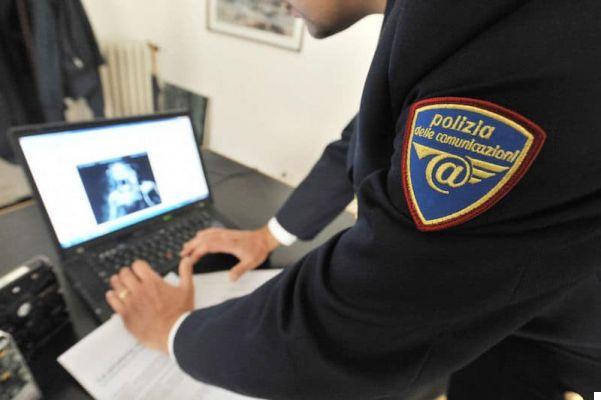
The appears
Once again the scam is on Airbnb, in the guise of an ad without reviews. The scammer is friendly and will offer you a big discount. Like? Inviting you to cancel your Airbnb booking and treat privately. Except then disappear once the bank transfer has been collected.
 Airbnb: How three graduates shocked the industry ...
Airbnb: How three graduates shocked the industry ...
- Gallagher, Leigh (Author)
Airbnb's seven tips against online scams
And here finally seven useful tips against this type of scam, designed by Airbnb and the Postal Police.
- Never pay by bank transfer. If you are asked to send a deposit, don't trust it: it is against Airbnb's terms of service. Pay only through the site, which does not provide for a bank transfer as a means of payment. Airbnb generally takes the entire amount from your credit card and forwards it to the host only 24 hours after check-in, giving you time to walk into the house and verify that everything is as advertised.
- Do not communicate off the site. Each invitation to a private agreement is the prerequisite for a transfer request. Only by staying in the application chat will you be protected, and you can report suspicious behavior to customer service.
- Watch out for links shared via email or from other sites. There is a risk that they will lead you to a bogus site.
- How to recognize Airbnb from clones? All Airbnb pages have the address starting with airbnb.it or .com, and a number after the word rooms, as in the example: www.airbnb.it/rooms/30728582. If you are unsure, you can search a search engine for the name of the ad (eg "Luminoso terrazzo Milano") and "Airbnb" as keywords: only legitimate pages should appear.
- Read the announcement carefully. A well-curated listing is usually an indication of a host and an equally tidy home. You should be suspicious of a too competitive price, particularly vague descriptions, the lack of reviews or a user profile created a few days ago.
- Airbnb is not a real estate agency. Be wary of anyone who tells you they've given Airbnb a job to show you the house. In fact, the site is only a brokerage portal, equidistant from host and guest. There is no Airbnb staff with keys, as if they were real estate agents.
- Beware of bait-lodgings. If once you arrive at your destination you are asked for a change of accommodation, obviously not up to the one booked, using as an excuse a sudden problem that arose in the original apartment, document everything and contact the platform immediately for a full refund.








